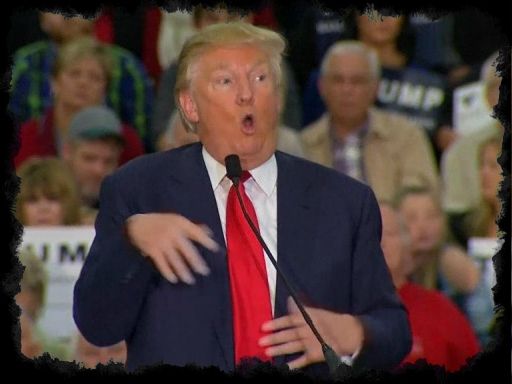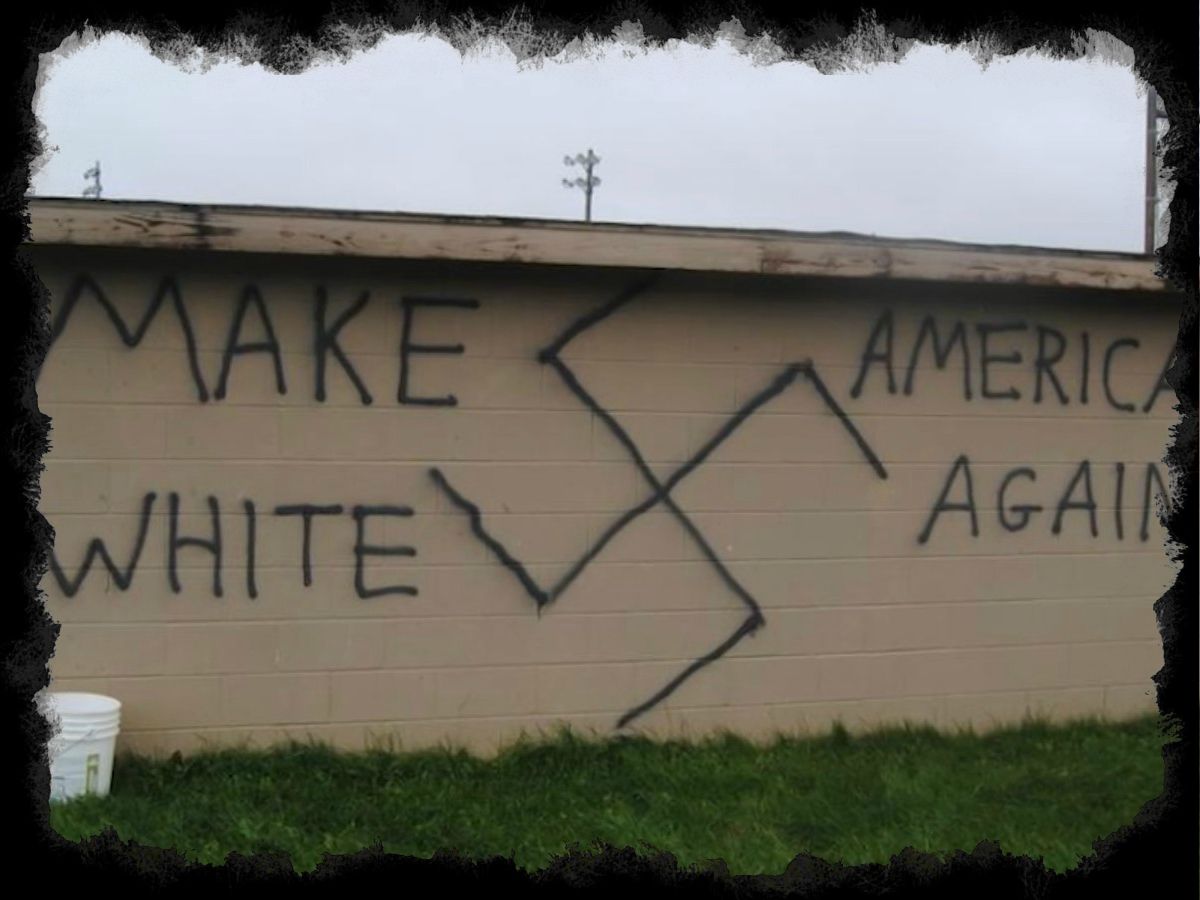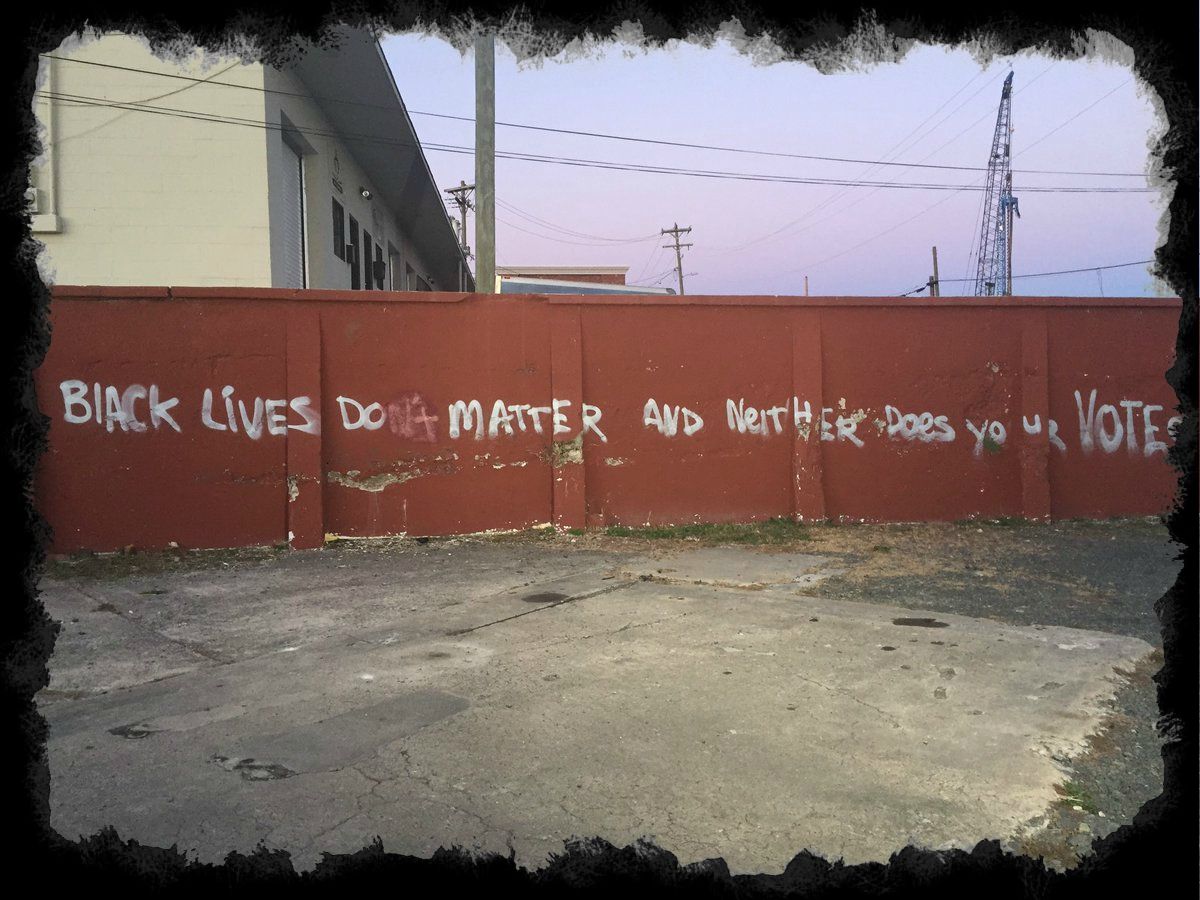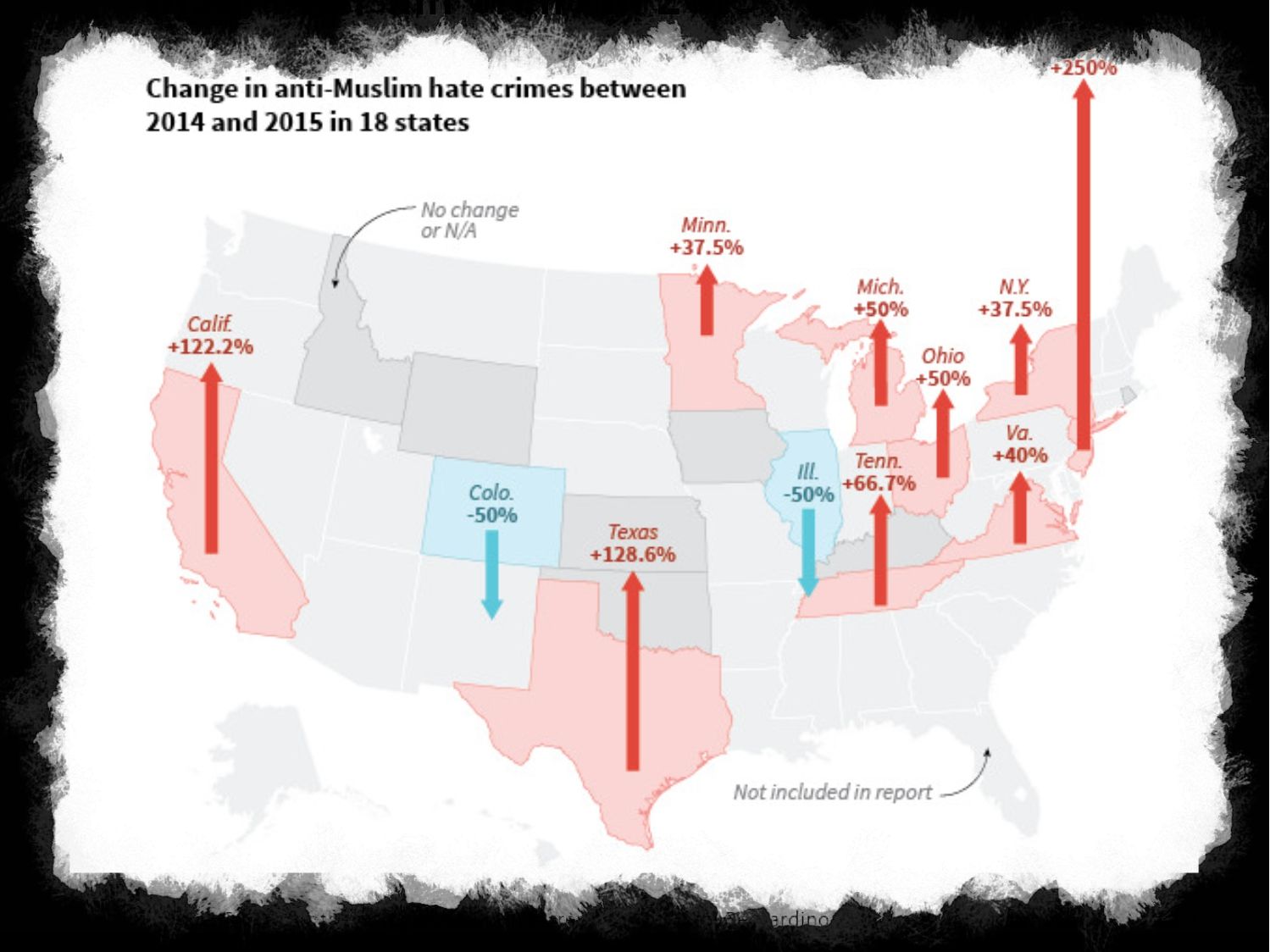On Jan. 20, President-Elect Donald Trump will be sworn into office.
The week leading up to this event, be challenged not to think of the hate this man has spread, but of the love encouraged by another.
The Reverend Dr. Martin Luther King Jr. led one of the most successful nonviolent crusades in our nation’s history. From the mid 1950s until his tragic assassination in 1968, Martin Luther King Jr. was a prominent figure in the civil rights movement.
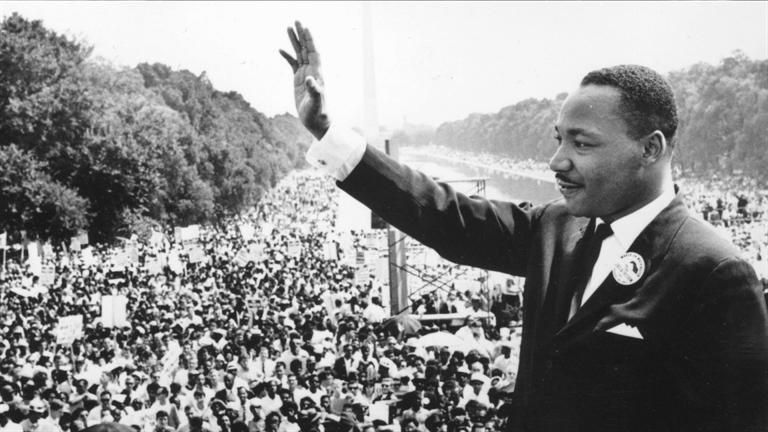
He believed in, above all else, equality, acceptance and love.
Although he did not live to see the results, his efforts brought about desegregation, equal opportunities for employment, housing and education, the right to vote and, most importantly, the chance to live in a society free of racial discrimination.
While there was still much to be improved upon then, and progress to be made towards equality today, Martin Luther King Jr. helped make immense strides in an effort to establish equal opportunity in America and achieve his dream. A dream of a nation where people are not “judged by the color of their skin but by the content of their character.”
In the past year, our nation has spat on that dream.
In 2013, the U.S. Sentencing Commission reported that black men, which make up 37.8 percent of incarcerated men, receive sentences nearly 20 percent longer than those of white men, for similar crimes.
The U.S. Census Bureau revealed in 2016 that the poverty rate for African Americans was 24.1 percent, more than double the rate of Caucasian men.
Despite only making up 6 percent of the nation’s population, African American men are nearly three times more likely to be killed by law enforcement than Caucasian males. A study in the American Journal of Public Health highlighted this alarming and disproportionate percentage, reporting that 34 percent of the unarmed people killed this year were African American men.
After not only electing but re-electing the country’s first African American president, the nation selected Trump to take office in 2017. Donald Trump’s election, which came about through belittling, disrespecting, prejudicing and hating, contrasts with the progress represented by Barack Obama’s victory.
Trump’s actions and the hateful actions done in his name would astonish the late, great Martin Luther King Jr.
As would the actions of those who are against Trump.
Many who oppose the president-elect have resorted to violence in order to express their disapproval of the results of the election. Martin Luther King Jr. would be disappointed in those acts as well.
Martin Luther King Jr. was an incredible man who gave his life to a cause he passionately supported. But he was not perfect. He broke rules. He upset people. He was arrested. He knew he had to make sacrifices; however, King did not engage in violence.
Dr. Martin Luther King Jr. strongly believed that non-violence was both the most effective approach and the morally sound approach.
In his Sept. 27, 1966 interview with Mike Wallace, King expressed that he understood what rioters were feeling and thinking. He explained that violent protests are, “At bottom, a reaction to the reluctance of white power to make the kind of changes necessary to make justice a reality for the Negro. I think that we’ve got to see that a riot is the language of the unheard.”
While he sympathized for the violent man, he still advocated for the non-violent approach.
In that interview, Mike Wallace played a clip from one of Martin Luther King Jr’s speeches where King preached, “I would like for all of us to believe in non-violence, but I’m here to say tonight that if every Negro in the United States turns against non-violence, I’m going to stand up as a lone voice and say, ‘This is the wrong way!'”
The Reverend Dr. Martin Luther King Jr. would be appalled at the state of our country and the result of the election, but he would also be hopeful. He would encourage us not to taunt police, threaten people or burn flags, but to instead spread love, acceptance and understanding in order to resolve our nation’s issues, because violence is not the answer. And because the arc of the moral universe bends towards justice, not hatred.
In his 1967 book, “Where Do We Go From Here? Chaos or Community,” Martin Luther King Jr. wrote: “The ultimate weakness of violence is that it is a descending spiral; begetting the very thing it seeks to destroy. Instead of diminishing evil, it multiplies it. Through violence you may murder the liar, but you cannot murder the lie, nor establish the truth. Through violence you may murder the hater, but you do not murder hate. In fact, violence merely increases hate. So it goes. Returning violence for violence multiplies violence, adding deeper darkness to a night already devoid of stars. Darkness cannot drive out darkness: only light can do that. Hate cannot drive out hate: only love can do that.”

